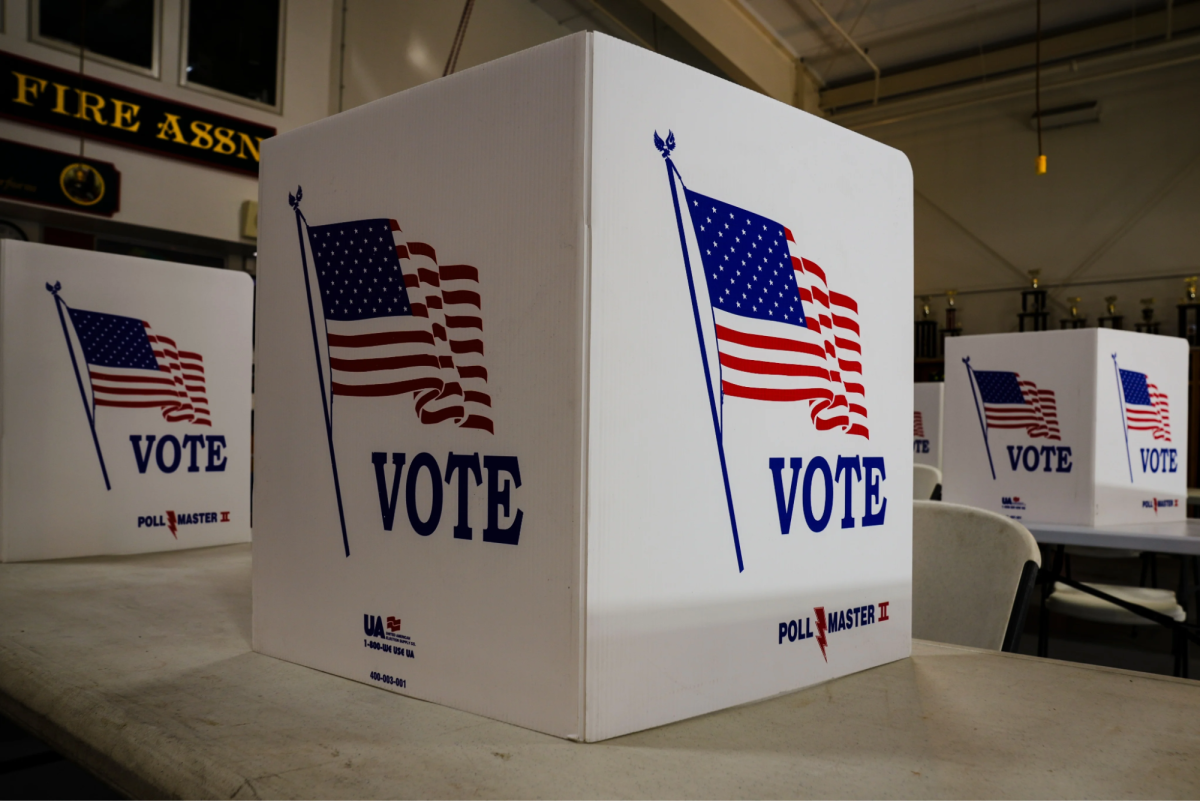Why Every Vote Matters: A Look at Elections and Their Impact
With election day approaching in just a few days, our government’s and our country’s future is on the line. For many, this will be their first opportunity to engage in our democracy. Plenty of young voters, some still in high school, are not familiar with the voting process or may not even realize what their vote means. Knowing how your vote influences the outcome of an election will directly impact the upcoming election.
How do elections work?
Well, each state has a different number of electoral votes, which align with the population size of the state. The electoral votes are awarded to the candidate who recieves the most votes in that state, typically either the Republican or Democratic candidate. For example, if Kamala Harris received the most votes in California and Virginia, she would receive all of California’s 54 electoral votes and all of Virginia’s 13 electoral votes.
There are 538 electoral votes total across the country. A candidate needs 270 or more votes to win the presidency. So, a candidate could win the most individual votes across the country (known as the popular vote), but still not win the election.
In addition to understanding the electoral process, it is important to know how ballots work. Ballots are the official documents used to cast your vote. They vary depending on whether you vote in person or by mail, but, either way, you select which candidate you want to vote for and it is submitted to the government. Many people will go in-person to vote on November 4 (Election Day), but absentee and mail-in ballots make voting accessible to those who do not have time to or cannot vote in person.
How do you choose which candidate to vote for?
All candidates perform some type of campaigning to inform voters about their plans for when they are in office and encourage them to vote for them. By researching the candidates, voters can get a good idea of who they want to vote for. A key point is to make sure that your views align with the candidates. They don’t necessarily have to all lineup, but consider which candidate you believe will be best for the job.
It is important to do this research on reputable sites, such as directly through the candidates’ campaign websites. Commercials and social media posts representing the candidates often contain false information or downplay their opponents, clouding the views of voters. It’s important to keep an open mind, and in the end, choose who you believe will be the best candidate for the position. It is also important to keep in mind who you definitely don’t want to be in office.
Often, voters side with a political party—a group of people with similar moral values and political views. Parties help categorize the candidates, and typically people who are associated with a political party choose the candidate representing their party. The majority of the country is a part of either the Democratic party, which advocates for larger government control in the economy, healthcare, and gun control, or Republican party, which advocates for a smaller government, better national security, and lower taxes for all. Keep in mind that you do not have to be a part of a political party to vote, but researching them and possibly siding with one could benefit you in making voting easier.
Why does your vote matter?
Although it may seem like your vote is so small among the millions of people voting in the upcoming election, your vote is important. In some states, known as swing states, the voting population is split between Democrats and Republicans, and the winner of the state wins by just a few votes. The swing states in the upcoming election include Arizona, Georgia, Nevada, Michigan, North Carolina, Pennsylvania, and Wisconsin. These states are vital to the candidates, and they usually host campaign rallies in these states. Your vote could be one of those few votes that turns the state toward a candidate.
Many teens have just turned 18 and are pushed to vote without any knowledge of voting. Many push off this pressure by just deciding not to vote. Young voters seem to have been on the upswing in recent years. According to the Center for Information & Research on Civic Learning and Engagement (CIRCLE), voter turnout among people ages 18-29 increased to 50% in 202, up from 39% in 2016. Hopefully, this amount will continue to grow as more young adults become eligible to vote.
In truth, every single vote matters in the outcome of the country, especially in a political climate more divided than ever. Whether you align with a political party or not, doing the research and participating in the election process ensures that your voice will be heard. Voting is not just a right; it is a responsibility that shapes the future of our country.










